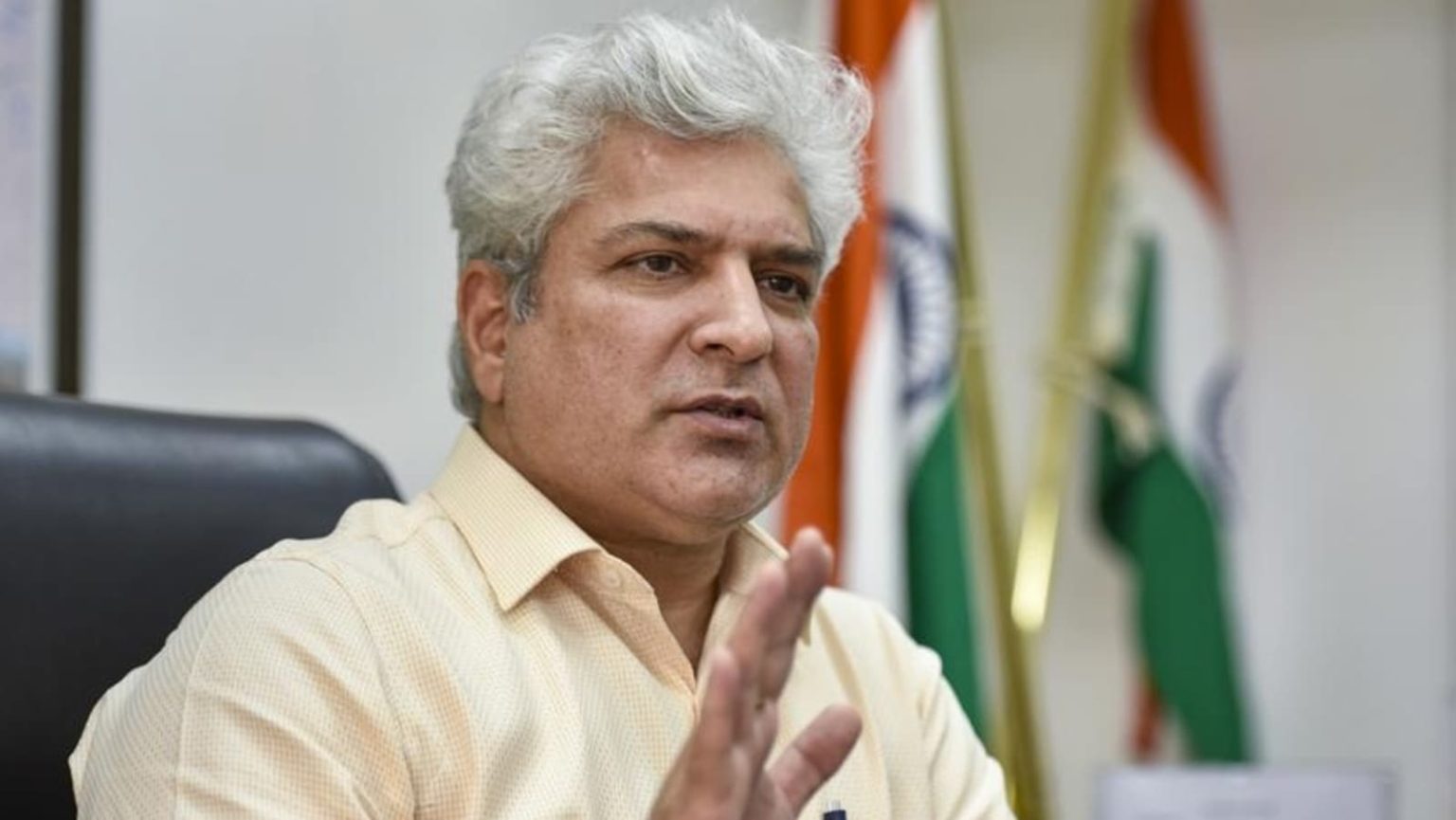Kailash Gahlot, a prominent Jat leader in the party, also took a jab at Arvind Kejriwal in his resignation as he flagged some “embarrassing” controversies. Delhi minister Kailash Gahlot joined the BJP on Monday, just a day after he resigned from the Aam Aadmi Party. He clarified that he didn’t quit Delhi’s ruling party because of pressure from the Enforcement Directorate and CBI.
“Some people must be thinking that this decision was taken overnight and under someone’s pressure. I want to tell them that I have never done anything under anyone’s pressure to date…I am hearing that an attempt is being made to build a narrative that it was done under the pressure of the Enforcement Directorate and the Central Bureau of Investigation… all this is wrong,” he added. In his resignation letter, Gahlot claimed that AAP’s “political ambitions” have overtaken its commitment towards people.
“Instead of fighting for people’s rights we have increasingly only been fighting for our own political agenda,” the 50-year-old said in his resignation letter to Aam Aadmi Party (AAP) convener Arvind Kejriwal. Gahlot, a prominent Jat leader in the party, also took a jab at Kejriwal as he flagged some “awkward” and “embarrassing” controversies like ‘sheeshmahal’, saying it makes everyone doubt if “we still believe in being ‘Aam Aadmi'”.
Blow to AAP
The switch by Gahlot, who was incharge of portfolios of Home, Administrative Reforms, IT and Women and Child Development, comes at a time when the party is gearing up for the Delhi Assembly polls slated to be held in February next year.
Gahlot is the third member of the Kejriwal cabinet to have quit the party and the ministerial portfolio. In April, Raaj Kumar Anand, the minister in charge of social welfare and labour and employment, quit the party and joined the Bharatiya Janata Party (BJP). Anand replaced Rajendra Pal Gautam who had resigned from the party and the cabinet in November 2022.
Why Kailash Gahlot quit AAP
In his resignation letter, Kailash Gahlot sharply criticized the Aam Aadmi Party’s shift from advocating for the rights of the people to pursuing its own political agenda. He argued that this change has undermined the party’s ability to deliver essential services to Delhi’s residents.



